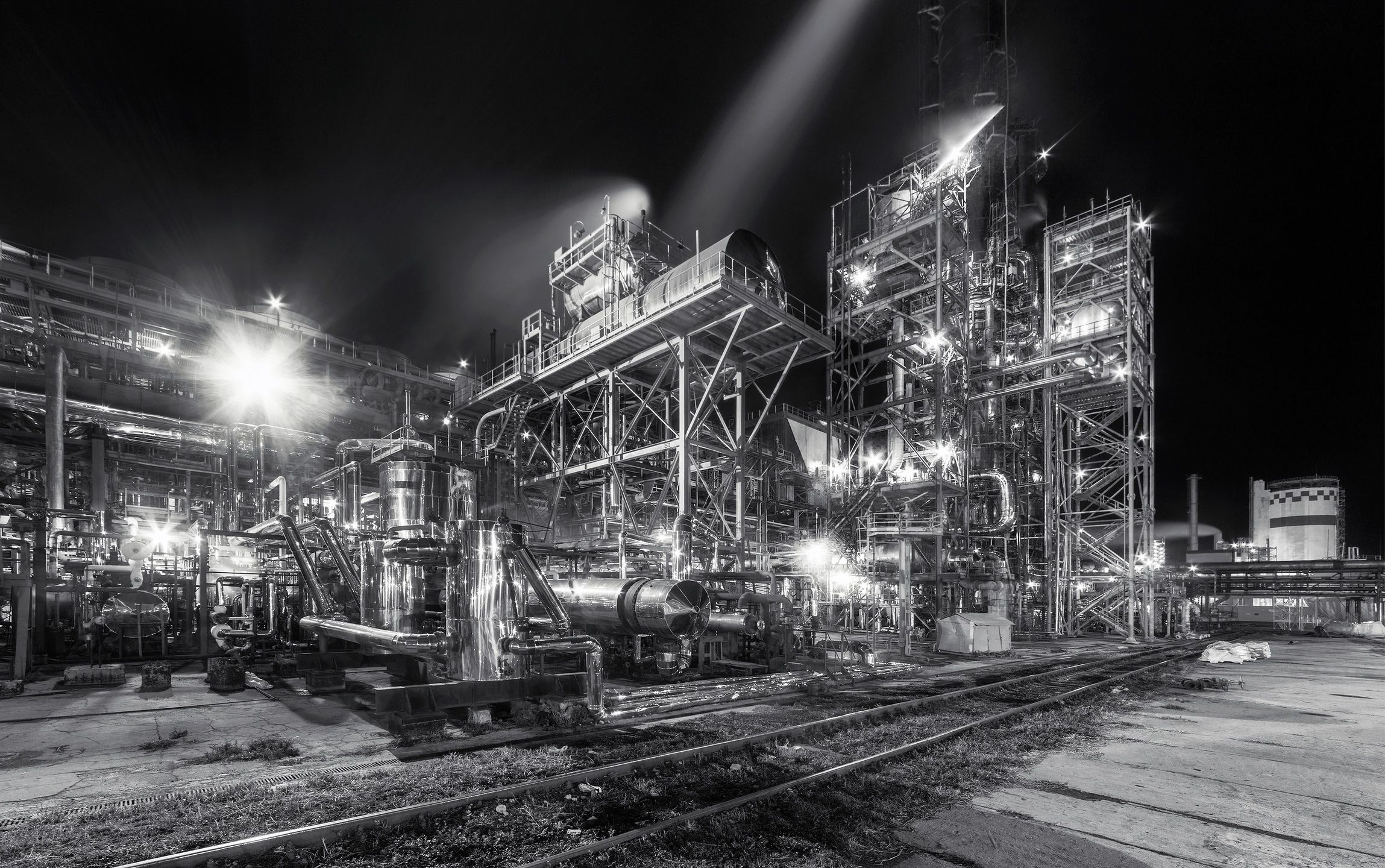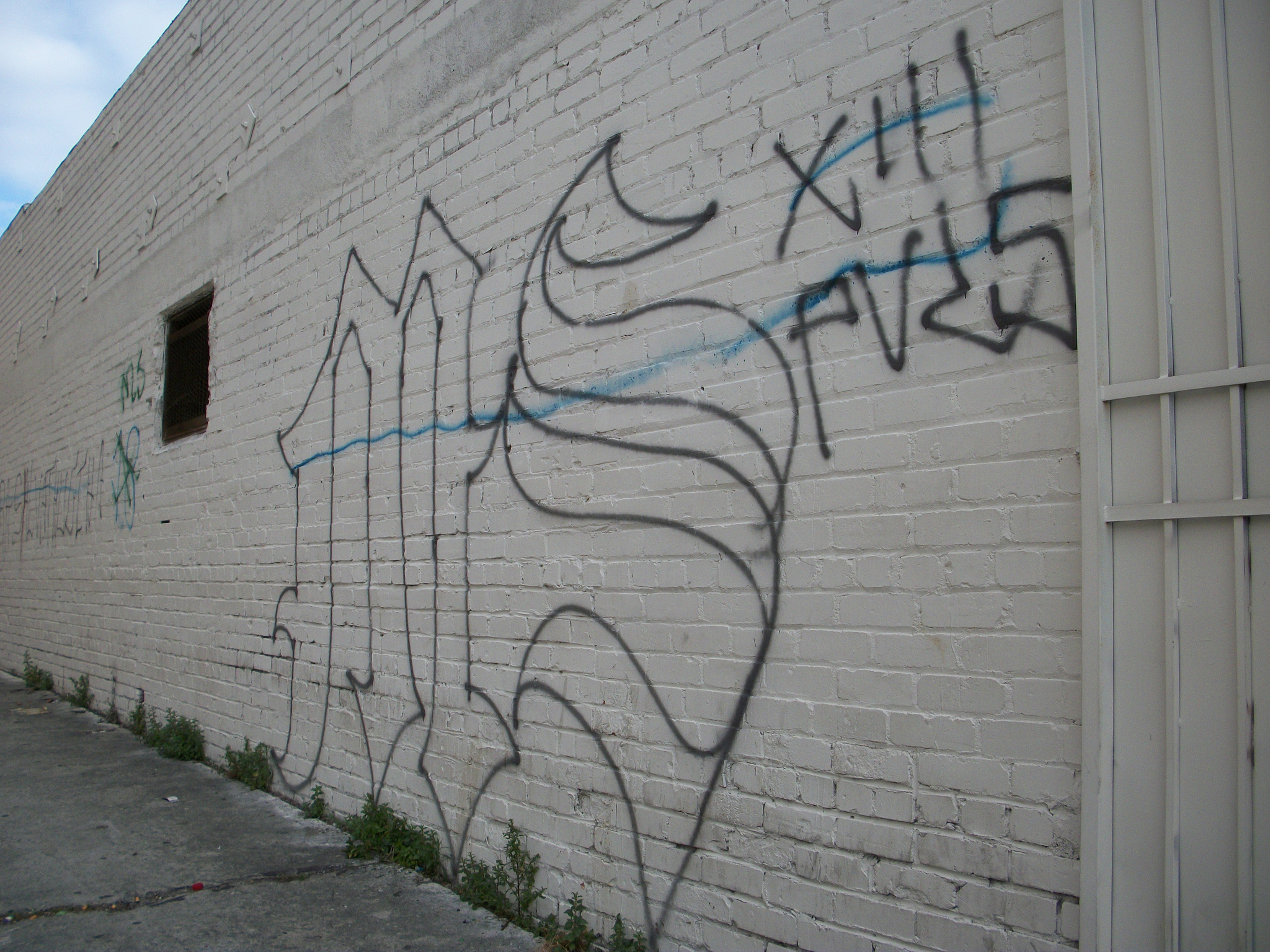On Tuesday, the City of Hopewell was privy to the scene of dozens of state and federal authorities as well as officials from environmental agencies as an investigation was conducted at the AdvanSix chemical plant. Currently, law enforcement is not commenting on the nature of the situation, but does say a search was executed.
The plant has been subject to numerous environmental violations in the past. Ann Regn, a spokeswoman from the Virginia Department of Environmental Quality (DEQ), said that Tuesday’s investigation is due to a “federal criminal action” involving the U.S. Environmental Protection Agency (EPA).
In a report from the Richmond Times-Dispatch, “AdvanSix is cooperating fully with the federal and state investigators who visited our Hopewell site today,” said Debra Lewis, a New Jersey-based spokeswoman for the company. She explained that the incident at the chemical plant was not “violent in nature.”
“Everyone at the plant is safe, and we have no information leading us to believe that the facility’s operations will not be affected in any way. The plant is operating normally and we have every intention to continue to operate as planned,” Lewis told reporters.
The incident at AdvanSix does not pose a threat to nearby residents. Ben Ruppert, Hopewell’s coordinator of emergency management, said the investigation stems from a “regulatory issue.”
Although he had not been fully briefed by the city, Ruppert stated, “I can confirm that there’s no leak or any kind of danger to the community whatsoever.”
The FBI is now investigating the matter, who are being assisted in a minor capacity by the Virginia State Police who have set up a perimeter around the chemical plant.
A worker at AdvanSix who spoke to reporters under anonymity said he was told that federal agents were executing a search warrant.
“It was pretty intense to watch go down. I wanted to leave immediately,” the man said.
Hopewell’s AdvanSix is one of the world largest producers of caprolactam, a priority ingredient in the production of nylon polymer fibers used in carpet and is also utilized in some plastics. In 1991, the compound was added to the list of hazardous air pollutants under the Clean Air Act, subsequently taken off in 1996.
As well, they are a “global leader” in the manufacturing of ammonium sulfate, which they sell as crop and turf fertilizers.
In regards to pervious actions taken at the AdvanSix (formerly Honeywell) site, “They have a history of issues,” Regn said.
In 2013, Honeywell Resins and Chemicals agreed to pay a $3 million fine for Clean Air Act violations and improve air pollution controls at the site. According to a Department of Justice (DOJ) statement at the time of the violation, they chemical plant, “allegedly failed to comply with requirements to upgrade air pollution control equipment, to detect and repair leaks of hazardous air pollutants and to develop safeguards on benzene waste.”
In 2015, Honeywell and Virginia DEQ officials reached an agreement that included a $300,000 fine and required the company to make more than $13 million in upgrades after a series of chemical spills and regulatory violations. The year before, 600 pounds of ammonium carbonate was released into the environment that killed nearly 2,700 fish and eel in Gravelly Run, a tributary of the James River.
In 2016, AdvanSix entered into another $27,000 consent order with the Virginia DEQ to resolve air pollution violations.
Manager of the chemical plant Fred Harry explains on the company’s website that AdvanSix, “takes our responsibility to run our plant safely very seriously and we invest continuously in ways to make our plant safe.” The program includes a, “six-year, $66 million environmental control project that will improve the site’s leak detection and emissions systems, which will reduce (nitrogen oxide) emissions from the site by roughly 80 percent annually.”
Further reporting from law enforcement officials on the situation is currently unavailable.






